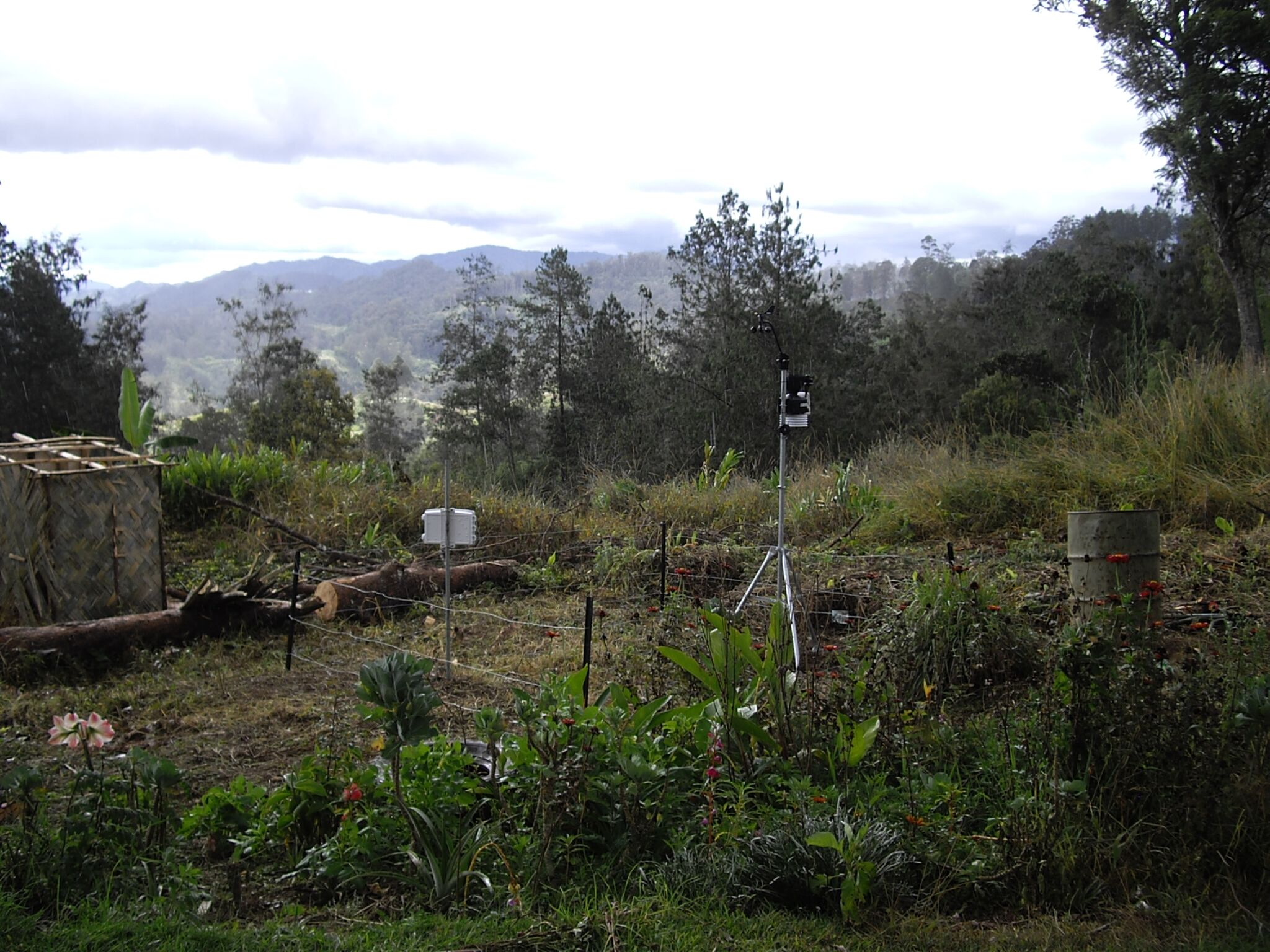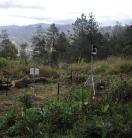Informing climate-smart agriculture in PNG

A new project in the highlands of Papua New Guinea (PNG) will help safeguard the country’s food production from the impacts of climate change.
The five-year project will provide smallholder farmers with improved access to long-term seasonal forecasting, helping communities make more informed decisions on agricultural practises to ensure food security during extreme weather events.
The origins of the project stem from a 2016 drought that resulted in extensive crop failure and widespread hunger for many highland communities. With a large majority of the population depending on locally-grown rain-fed crops, ensuring farmers are better prepared for more frequent dry periods is a priority for the PNG Government.
Run through the Australian National University (ANU) and in partnership with PNG’s National Agricultural Research Institute (NARI), collaborating organisations met at the project’s inception meeting last week in Goroka.
The project is funded through ACIAR’s Social Science Research Program, led by Dr Jayne Curnow.
‘The drought in 2016 had a big impact on the country,’ says Dr Curnow. ‘As well as the short-term hunger experienced by many communities, the long-term consequences include serious health conditions such as childhood stunting.’
‘We know from the data that these extreme weather events are going to happen more frequently. If we can provide farmers with seasonal forecasting to help make informed decisions about what they plant and when; communities will be better prepared for similar events in the future.’
While PNG’s National Weather Service (MET) is providing the seasonal forecasts, collaborating institutions will be tasked with finding effective ways to deliver the complex information throughout sparsely populated mountainous regions.
‘It’s so important to look at how people get their information’, says Dr Curnow, who commissioned prior research examining this premise. ‘The social network analysis showed a marked difference between how female farmers and male farmers access information. The project team will use this research to ensure the distribution of seasonal forecasts reaches both women and men.’
Climate Smart Agriculture opportunities for enhanced food production in Papua New Guinea is run through the Climate Change Institute at the Australian National University and will operate across five in the Eastern Highlands, Lae, and East New Britain.
The project is scheduled to run until 2023.



